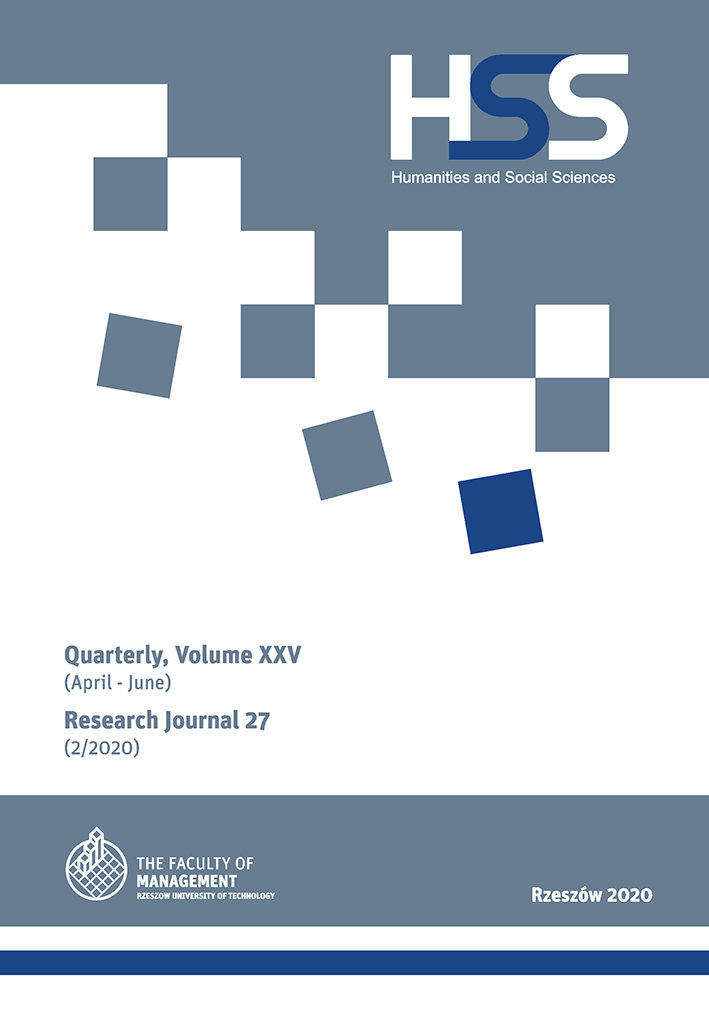Abstract
The article describes and analyzes the main stages of Raúl Modesto Castro Ruz’s political activity– the second most important leader of socialist Cuba. The structure of the article is based on the principles of chronological narration. The conceptual basis of Raúl Castro's ideological outlook has been systematized and generalized. The article pays special attention to his Marxist-Leninist leanings and his closeness with the national liberation ideas of Jose Marti. The article adopts a psychological perspective in describing Raúl’s fierce revolutionary struggle in the second half of the 1950s and uses methods from political management showing that Fidel Castro, Raul’s brother, allowed Raúl to make his personal management decisions and to implement them often with risks to his life and reputation. For the last 50 years, Cuba's power mechanism can be characterized as a non-classical diarchy of the Castro brothers: Fidel was a common leader, Raúl was a military leader, and from 2006 until the death of Fidel he was controlled by the leadership of his brother. Raúl, during the years of his presidency and after escaping from Fidel's psychological pressure, carried out reforms in the country that were aimed at bringing Cuba closer to a market society. These changes were made in the country yet were limited by Raúl’s ideology. Raúl Castro's reforms were related to his denial of the right of the individual to express his own views if they differed from those of the dominant doctrine. However, the reforms didn’t influence the development of democracy and freedom of civil rights. Finally, the article describes Raúl's intransigent attitude towards American imperialism and his willingness to defend Cuba's independence and revolutionary achievements.
References
Anderson, J.L. (2010). Che Guevara: A revolutionary life. New York: Grove Press.
Baez, L. (2014). Hay que salvar la esperanza. “Granma”, 17 de abril. Castro, R. Diario de campana. Archivo del Comite Central del Partido Comunista de Cuba.
Comments «IA SinChua». (2019). Access on the internet: https://news.rambler.ru/usa/42018235-kuba-ne-boitsya-ugroz-ssha-raul-kastro/2019/04/11.
Dabagyan, E. (2016). Raul Castro’s roles. «Latin America», No 6.
Eckstein, S.E. (2003). Back from the future: Cuba under Castro. New York: Routledge.
Elbaeva, М.V. (2010). Human rights on Cuba: the influence of domestic and external factors on its development. Dissertation thesis on PhD degree in historical sciences, Moscow.
Farber, S. (2006). The Origins of the Cuban Revolution: Reconsidered. The University of North Carolina Press.
Gugnin, A., Ostasz, G., Lisnevskaya, Y. (2019). Fidel Castro as a leader, revolution manager, and marketer. “Advances in Social Science, Education and Humanities Research”, Vol. 318.
Gugnin, A., Ostasz, G., Gugnina, T., Gierczak, A. (2012). Politics and Marketing: An Attempt at Structural and Functional Analysis. Rzeszow: Amelia.
Huberman, L., Sweezy, P.M. (1961). Cuba: Anatomy of a revolution. New York: Monthly Review Press.
Jayatilleka, D. (2007). Fidel’s Ethics of Violence: The Moral Dimension of the Political Thought of Fidel Castro. London: Pluto Press.
Kapcia, A. (2014). Leadership in the Cuban Revolution: The unseen story. London: Zed Books Ltd.
Karahanova, R. (2018). Raul Castro. The magazine of the historical faculty of MSU. «Historical researches», No9.
Kozdoyev, М.А-М. (2019). Raul Castro and his reforms. The magazine of the historical faculty of MSU. «Historical researches», No9.
Konovalova, K. (2018). Castro and others: few words on the political elite of modern Cuba. Science and culture, SpbSU, No5.
Lago, G.N. (2012). Cuba en la era de Raul Castro. Madrid: Colibri.
Leonov, N. (2015). Raul Castro. Moscow: Publ. Molodaya Gvardiya.
Lievesley, G. (2004). The Cuban Revolution: Past, Present and Future Perspectives. New York: Palgrave MacMillan.
Makarychev, M. (2016). Cuba’s President Raul Castro is 85. Access on the internet: https://rg.ru/2016/06/03
—— (2017). Fidel Castro. Moscow: Publ. Molodaya Gvardiya. Martínez-Fernández, L. (2014). Revolutionary Cuba: A history. Florida: University Press of Florida.
Masiubańska, J., Masiubański, J., Montenegro, О. (2016). Nowy Castro, stara Kuba. Konin: Psychoskok.
Pionet, I. (2016). 100 hours with Fidel. Havana: Cuba’s state council publishing.
Roke, G.К. (2016). VII Congress of Cuban Communist Party Report. The institute of the World History of RAS. “Latin American historical magazine”. Part 17.
Skierka, V. (2008). Fidel Castro. Wrocław: Wyd. Dolnośląskie.
Why Raul doesn’t look similar to Fidel. „Nevskoe vremya”, SPb, 25.05.2019.


